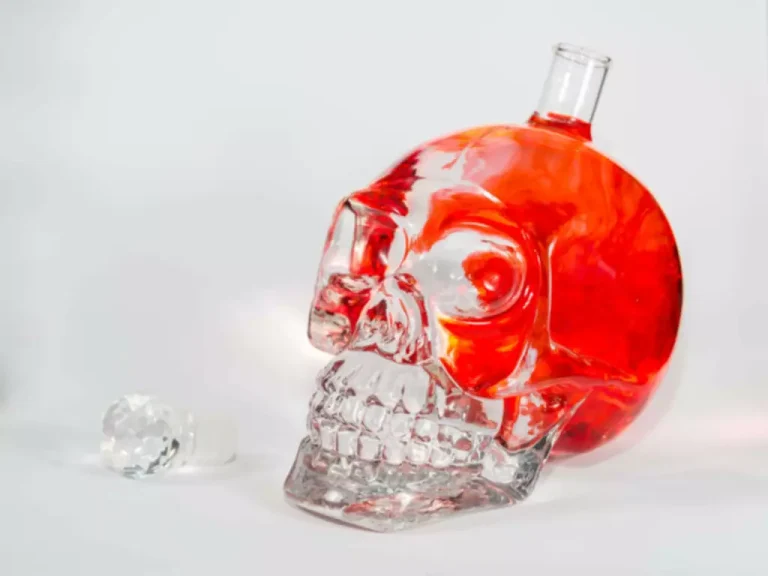
Other data indicate that shame may be a consequence of problematic patterns of drinking. When drinking results in failures to meet important role expectations or leads to violations of important standards of behavior or group norms, shame could plausibly follow (Giguere et al., 2014). For example, a person might get in a public argument with their spouse while drinking or miss work the day following a binge. Such events could result in shame, especially among people who are already prone to interpreting events in a manner that elicits shame. A qualitative study of students (Fjaer, 2015) supports this idea, finding that many people experience shame after violating social norms as a consequence of drinking. This vicious cycle exacerbates anxiety and depression that makes addiction even worse to manage.
The need for pride in recovery
The psychoactive substances described in the studies were alcohol, cocaine, khat, marijuana, heroin, and multiple substances. There were no significant finding in models examining the relationship between the previous night’s drinking and shame the next day, but one model did show a trend toward significance. In this model, people who tended to have more drinks in social contexts felt more shame when https://ecosoberhouse.com/ they drank more than usual, whereas people who tended to drink infrequently in social contexts felt less shame when they had more than usual (Figure 3). This could represent a threshold effect, where people who tend to consume more alcohol feel more shame because they had an unusually high number of drinks for them, thus potentially moving them into a socially unacceptable range of drinking.
Alcohol Addiction and Family Finances
The studies reviewed above leave open the possibility that a trait-like tendency to experience higher levels of shame predicts problematic drinking due to third variables. For example, shame could signal a lack of self-efficacy to cope with other life problems (e.g. relationship conflicts), which could, in turn, trigger drinking. Alternately, shame could lead to social isolation and loneliness, which might then lead people to cope through drinking (Arpin, Mohr, & Brannan, 2015). A handful of longitudinal studies demonstrate that shame predicts subsequent drinking- related behavior. For example, shame proneness among fifth graders predicted an earlier onset of drinking in adolescence (Stuewig et al., 2015).
If You Live with an Angry Drunk, What Can You Do?
Or, you might engage in self-destructive behaviors such as substance use to numb or avoid the pain. Loved ones of people with alcohol use disorder may feel less empathy alcoholic rage syndrome for them and become more frustrated with them as time passes. We get how challenging this can be, but it may help to learn about how alcohol affects the brain.

This study suggests that shame experienced during the day tends to trigger solitary drinking that evening and therefore may be an important target for prevention and treatment efforts. In this study, people who tended to experience more shame drank alone more often and consumed more alcohol when they drank alone. Furthermore, on days when shame was exacerbated, these individuals were less likely to drink alone, but tended to consume more alcohol when they did drink alone. Users of psychoactive substances had elevated anger scores compared to non-users, which represents a high risk of relapse.
- Alcohol, like fatigue, diminished sleep, stress, and certain drugs, inhibits the activation of the prefrontal cortex, that part of our brain responsible for problem-solving, judgment, and overseeing and managing emotions.
- Your loved one may want to stop treatment early and even ask you to help them do so.
You don’t need to wait for your situation to worsen before seeking help. The researchers examined this further and found that non-judgment — a key facet of mindfulness, which teaches us to observe the world without judging our thoughts and observations — helped people feel less ashamed. When you start feeling shame — whether about self-destructive behavior or not — try reframing it. By Buddy TBuddy T is a writer and founding member of the Online Al-Anon Outreach Committee with decades of experience writing about alcoholism.

But there are concrete skills you can use to hone your assertiveness and advocate for yourself. Get the help you need from a therapist near you–a FREE service from Psychology Today. Get in touch with a member of our team today, or learn more about how it works. Maria is far from alone, as this cycle fuels many addictions, and makes them more difficult to overcome.

Shame and Problematic Drinking Behavior

Take our short alcohol quiz to learn where you fall on the drinking spectrum and if you might benefit from quitting or cutting back on alcohol. This is due both to natural reactions after a trauma, and to societal stigmas that blame a victim. Through challenging the thoughts she has about the assault, she can begin to realize how she’s incorrectly blaming herself. When people experience a trauma, it’s common for them to blame themselves. In some families, the most volatile family member is also the primary breadwinner, leaving the rest of the family beholden to their moods as part of the deal for financial security. And the family may fear for their physical safety if that anger continues to escalate.


